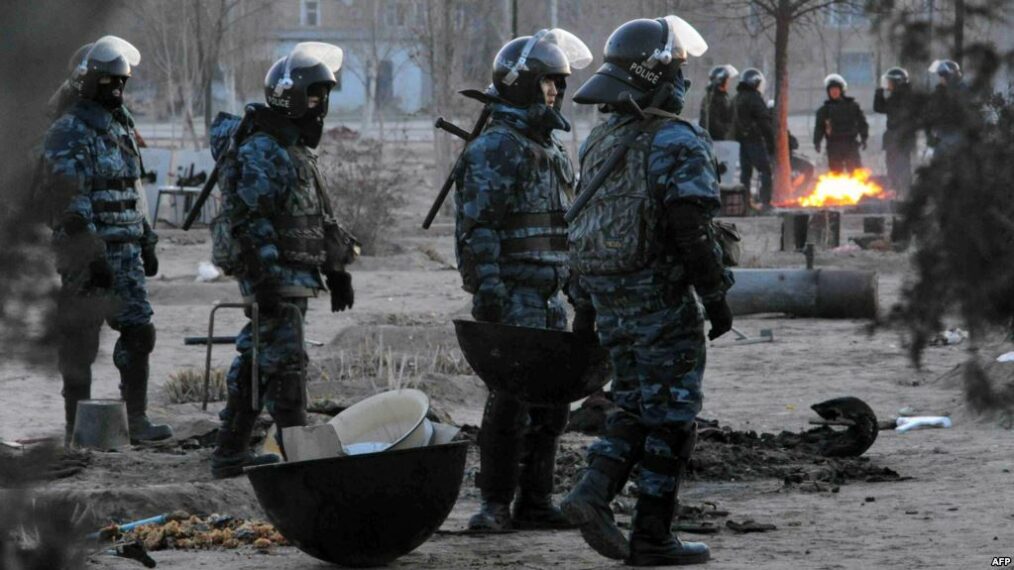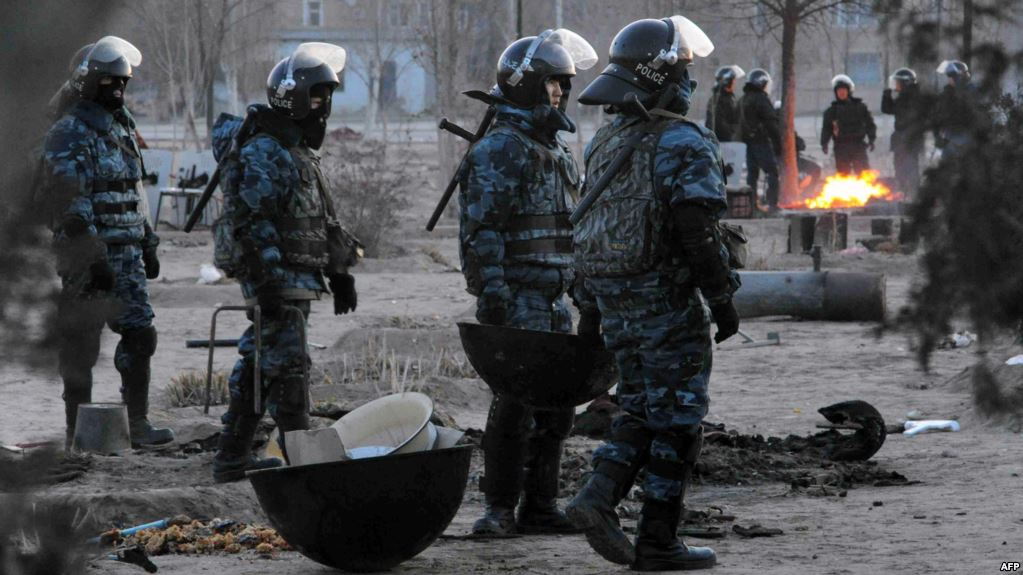
An Invisible Problem in Plain Sight
Within the realm of counter-terror, governments focus on preventing attacks at the source as well as at the target. Often, western governments define the target as their own backyard.
Likewise, they define the source as some far-off region at war. That point of view is not illegitimate. However, experts recognize extremist ideology is on the march across north and west Africa, southeast Asia, and Eurasia. And attacks tend to be on government or religious targets within the attacker’s own region.
Before an ISIS-linked cell in Tajikistan killed four cyclists from Switzerland, the Netherlands and the United States there was scant information about the rise of extremism there.
Are we noticing? Well, western media has vested interests in Nigeria and Mali thanks to French and British influence. Similarly, western media have vested interests in the Philippines thanks to former US dependency. But what about Eurasia? Despite emerging from under the Soviet shroud it remains poorly understood. Before an ISIS-linked cell in Tajikistan killed four cyclists from Switzerland, the Netherlands and the United States there was scant information about the rise of extremism there. And yet, when it comes to extremism, Central Asia is now firmly caught between Europe and Asia.
States like Kazakhstan, for example, are experiencing a problem. But not one not for which they can scapegoat immigrants — one from their own backyard. Autocratic Kazakh President Nursultan Nazarbayev has kept his state isolated from everything except foreign investment in technology and oil. He has turned Kazakhstan into a regional powerhouse, one in which other Central Asian countries see hope. But Kazakhstan may be on the verge of self-implosion given the rise in extremist ideology and a lackluster response to it. Recent attacks on national guard bases, police stations, and public transportation in oil-rich cities such as Aktobe in the northwest or the cosmopolitan Almaty have revealed socioeconomic and religious fissures that should have been addressed years ago.
We are where we are because the government turned its back on Kazakhstan’s youth.
Central Asia, particularly Kazakhstan, is in the midst of a religious revival. After years of Soviet suppression, 70% of Kazakhs identify as Muslim now and there has been a steep rise in ultra-conservative extremist ideology coming from Syria and Iraq. Central Asians feature prominently in infamous attacks in Stockholm, Saint Petersburg, Istanbul, and Boston. They target public events and public transport with methods akin to Al-Qaeda and ISIS. It would be disastrous if small cells like the former connect online with large groups like the latter.
Extremists have hit Kazakhstan’s Central Asian neighbor Uzbekistan the hardest. But Uzbekistan’s security services have been able to repel them outward to Afghanistan and Pakistan. Kazakhstan has proven itself capable of no such strategy.
We are where we are, however, because the government turned its back on Kazakhstan’s youth. Watching their leaders inveigle foreign investment has left young Kazakhs feeling disaffected. Extremism always brings government corruption and poverty and Kazakhstan is no exception.
Extremists have hit Kazakhstan’s Central Asian neighbor Uzbekistan the hardest. But Uzbekistan’s security services have been able to repel them outward to Afghanistan and Pakistan. Kazakhstan has proven itself capable of no such strategy. Experts are questioning its counterterror preparedness and methods. The government’s mission to engage the religious community with proper Islamic literacy may help. But President Nazarbayev’s vast surveillance and his calls to ban the wearing of all black will likely be seen for what they are. They are an encroachment on religion and it could alienate more of the populace. Kazakhstan’s comparably superior quality of life and moderate lifestyle have not immunized it against terror attacks. It is the reaction of its own disaffected people, not someone from a far-off, war-torn land, that reverberates ominously now.

